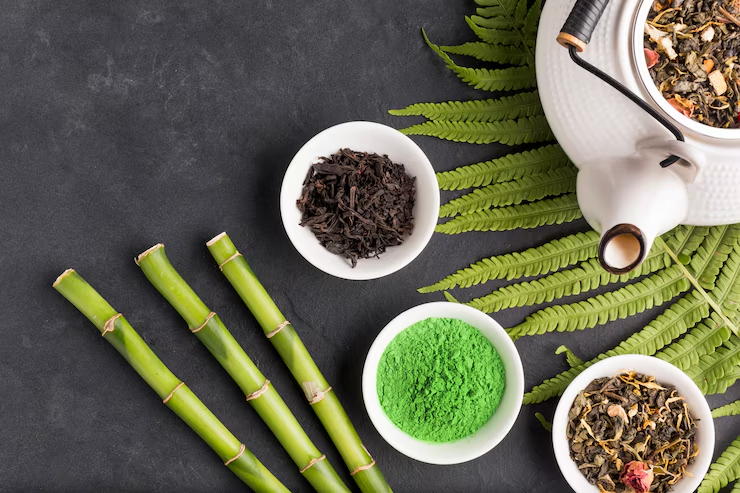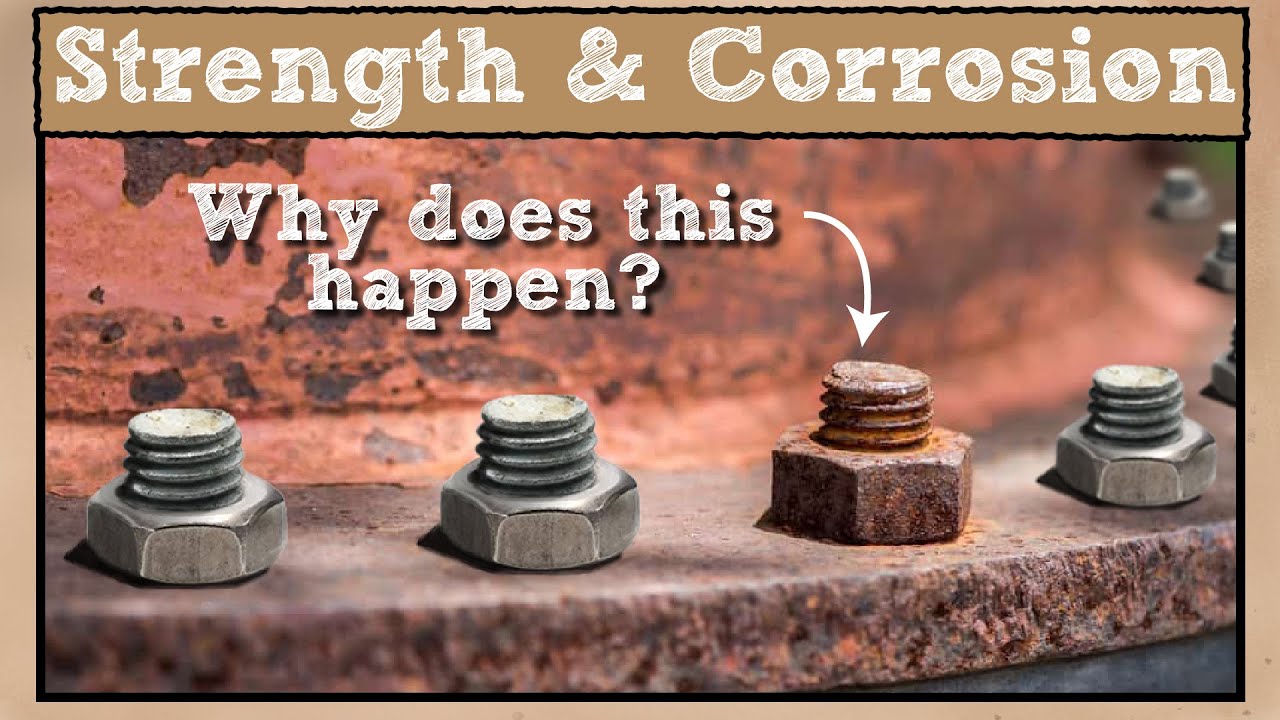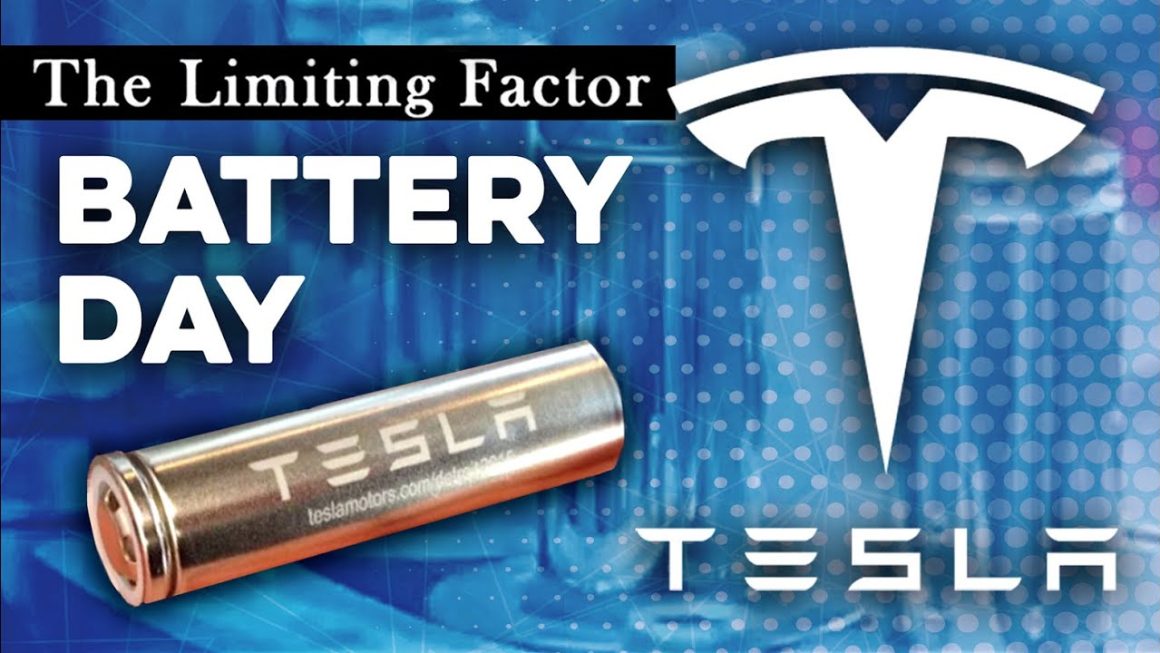It was one of those rainy afternoons when the drops tapped against the window, and I found myself staring at the dull surface of a garden chair. The chair was made of aluminum, or so I thought. A simple question popped into my mind: does aluminum rust?
I had always associated rust with reddish flakes on old bicycles, abandoned cars, or forgotten pipes in the backyard. But here was this silvery metal, exposed to the same weather, and yet it seemed to resist the ugly fate of rust. The question led me down an unexpected path — one filled with science, stories, and truths hidden in plain sight.
The Journey Begins: Why People Ask “Does Aluminum Rust?”
If you’ve ever owned a bike, a car, or even a soda can, you’ve likely touched aluminum without thinking twice. It’s everywhere: in kitchens, in airplanes, in skyscrapers, even in smartphones. But people still wonder — does aluminum rust?
The curiosity makes sense. Rust is one of the most visible ways metals break down, and we’ve seen it countless times on iron and steel. So, when we don’t see rust on aluminum, confusion creeps in. To uncover the truth, we need to step into the fascinating world of metals and their behavior.
The Science of Metals: A Story of Iron, Steel, and Aluminum
Imagine metals as characters in a story. Iron is the proud but vulnerable warrior. Strong, yes, but when exposed to air and water, it weakens. Oxygen bonds with it, and rust forms like a wound spreading over its body.
Now imagine aluminum as a clever survivor. Lightweight, flexible, and fast, it doesn’t fight the same way iron does. Instead of surrendering to rust, aluminum adapts. It forms a thin, invisible armor called aluminum oxide, protecting it from deeper harm. That armor is what keeps our soda cans shiny, airplanes safe, and garden chairs intact.
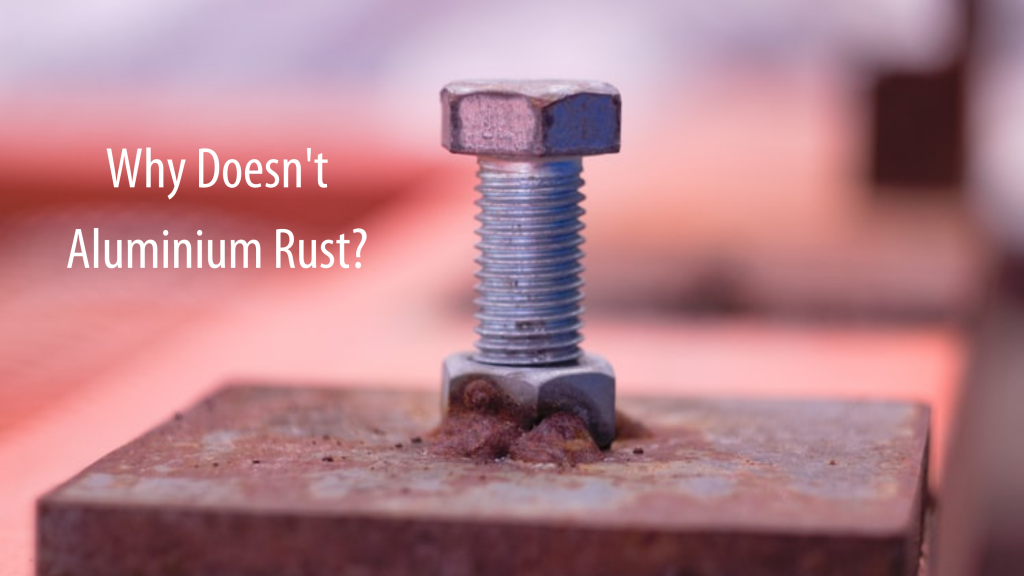
Truth #1: Aluminum Does Not Rust Like Iron
Here’s the first shocking truth: aluminum does not rust. Rust is specifically the reddish-brown corrosion of iron. Since aluminum contains no iron, it cannot “rust” in the traditional sense.
So, when people ask does aluminum rust, the correct answer is no. But aluminum has its own way of breaking down — a process called corrosion, which looks very different from rust.
Truth #2: Aluminum Forms Its Own Invisible Shield
The second truth is even more fascinating. The moment aluminum touches air, it reacts with oxygen. But instead of turning reddish and flaky, it creates a thin, invisible shield of aluminum oxide. This protective layer is self-healing. Scratch it, and it forms again instantly.
Think of it as aluminum wearing an invisible raincoat. The raincoat doesn’t just protect; it grows back if torn. That’s why aluminum can withstand rain, wind, and sun for decades without falling apart.
Truth #3: When Aluminum Really Corrodes
But the story isn’t all sunshine. Aluminum can corrode under certain conditions. Unlike rust on iron, aluminum corrosion often appears as dull white spots or powdery patches. Sometimes it causes pitting, tiny holes that spread silently.
So while the answer to does aluminum rust is no, aluminum is not invincible. It simply has a different weakness.
Truth #4: Saltwater and Aluminum – A Hidden Enemy
Here’s where the sea enters the story. Sailors, boat owners, and marine engineers know that saltwater is aluminum’s greatest enemy. The salt breaks down its protective oxide layer, exposing the bare metal underneath.
If you’ve ever walked along a dock and seen pitted aluminum boat parts, you’ve witnessed this battle firsthand. Aluminum may not rust, but in salty air and water, it can corrode faster than you think.
Truth #5: Why Airplanes, Cars, and Buildings Depend on Aluminum
Despite its vulnerabilities, aluminum is trusted in the toughest industries. Airplanes rely on it for its lightness and strength. Cars use it to resist everyday wear. Architects choose it for buildings that stand tall against wind and rain.
The secret lies in design and protection. Engineers coat aluminum, mix it with other metals, or anodize it to make it even stronger. These techniques ensure that when someone wonders does aluminum rust, the answer remains confidently “no.”
Truth #6: The Surprising Longevity of Aluminum in Everyday Life
From the soda can in your fridge to the window frames in your home, aluminum endures. It’s not just strong; it’s recyclable. In fact, almost 75% of all aluminum ever produced is still in use today.
That makes aluminum one of humanity’s most sustainable metals. While iron rusts away into dust, aluminum keeps serving, decade after decade.
Truth #7: How to Protect Aluminum for Generations
If you own aluminum furniture, tools, or vehicles, the best way to protect them is simple: keep them clean, avoid salt exposure, and apply protective coatings when necessary. Anodized aluminum, for instance, has an extra-strong oxide layer, making it nearly impervious to corrosion.
So while the question does aluminum rust has a simple answer, the deeper story is how we can help aluminum last even longer.
A Tale from the Boatyard: Real-Life Lessons on Corrosion
I once met an old sailor named James at a boatyard. He leaned on the railing of his aluminum sailboat, its surface dotted with tiny pits from years of ocean voyages. “This boat has seen twenty storms,” he said, “and while steel boats nearby rusted through, mine only carries scars.”
James’s story is proof. Aluminum doesn’t rust, but it tells its tale in pits, scars, and resilience.
Everyday Encounters: From Soda Cans to Smartphones
Look around your home. That soda can? Pure aluminum. Your smartphone casing? Aluminum alloy. The lightweight ladder in your garage? Aluminum again.
None of these objects rust. They may scratch, dull, or corrode slightly, but they endure. In fact, they carry the hidden answer to the question: does aluminum rust.
The Symbolism of Aluminum: Light, Strength, and Survival
Aluminum is more than just a material. It symbolizes endurance in a world of decay. It stands for resilience in harsh conditions, innovation in technology, and sustainability in an age of waste.
Where iron crumbles, aluminum survives.
My Grandfather’s Toolbox: A Story of Aluminum That Lasted a Lifetime
In my grandfather’s dusty workshop sat a toolbox made of aluminum. He carried it through decades of work, through sun, rain, and even a small house fire. When he passed it to me, it looked old but not broken. No rust, no decay — just stories etched into its surface.
That toolbox became my personal proof that the question does aluminum rust leads to a powerful truth: aluminum endures far longer than we expect.
The Bigger Picture: Rust, Corrosion, and Human Innovation
Rust is often a metaphor for decline, but aluminum rewrites that story. By refusing to rust, it shows us that human innovation can overcome nature’s limits. From soda cans to spaceships, aluminum carries us forward.
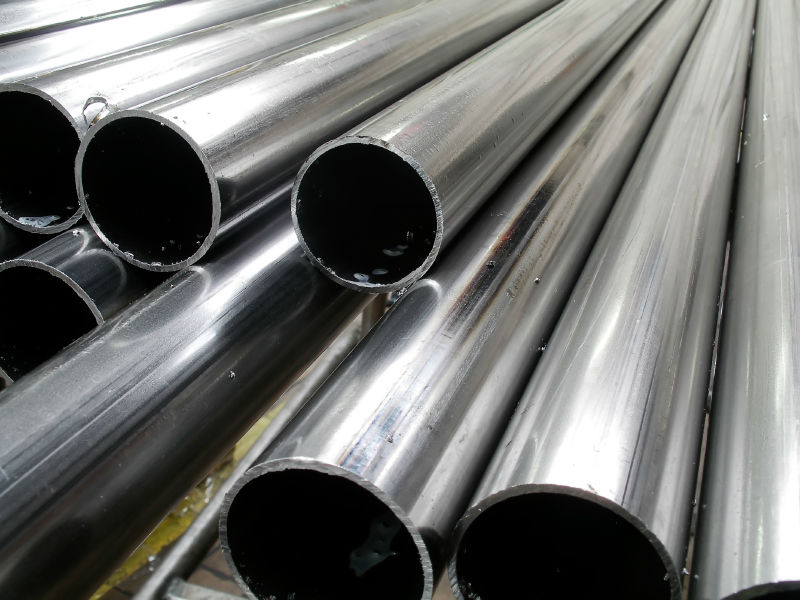
Visit our website for more updates and stories
Conclusion: The Final Answer to Does Aluminum Rust
So, does aluminum rust? The answer is no. Rust belongs to iron and steel. Aluminum, instead, forms a protective shield that keeps it strong and reliable. Yes, it can corrode, especially in salty or harsh environments, but it never rusts.
The real story isn’t just about metal. It’s about endurance, resilience, and the brilliance of human discovery. Aluminum, with its silent armor, continues to serve us — in kitchens, in cars, in airplanes, and in dreams that reach for the stars.


